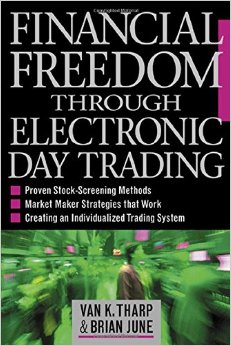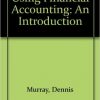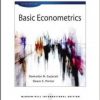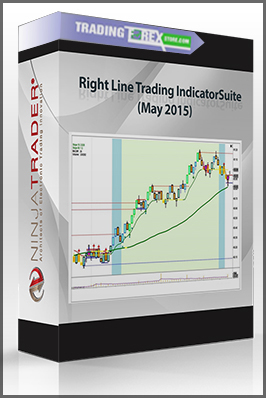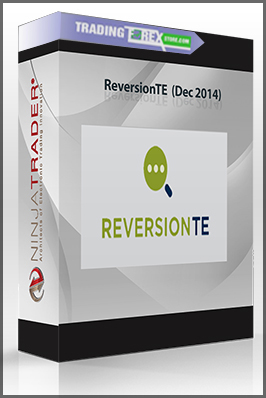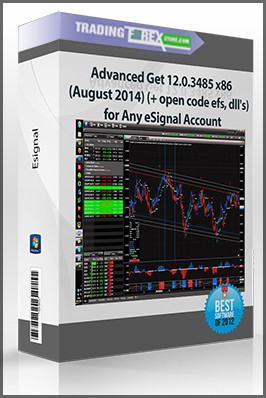Description
Day Trading to Financial Freedom
Forex Trading – Foreign Exchange Course
You want to learn about Forex?
Foreign exchange, or forex, is the conversion of one country’s currency into another.
In a free economy, a country’s currency is valued according to the laws of supply and demand.
In other words, a currency’s value can be pegged to another country’s currency, such as the U.S. dollar, or even to a basket of currencies.
A country’s currency value may also be set by the country’s government.
However, most countries float their currencies freely against those of other countries, which keeps them in constant fluctuation.
Size 806 KB
| This free online day trading course covers essential topics such as:- ‘What is Day Trading’, Types of trading, Who controls the Market, Secrets to making money day trading, When to open a trade, when to sit on the sidelines, Protecting your capital, Mental obstacles to success in day trading, Market Profile theory & its relevance to day trading, and famous sayings by famous traders.Everything you need to get started in day trading can be found here in this excellent day trading system. Enjoy! |
|
|
|
|
|
|
|
|
What is a Market
A market is any arena in which buyers and sellers meet in order to try and exchange their requirements. Day traders, of course, are interested primarily in stock markets, which may actually be the most ‘perfect’ of all markets, due to the extremely large number of participants, and the (generally) strict regulatory control imposed by higher bodies. The instruments which are traded on markets include stocks & shares, bonds, options, contracts and other derivatives. It is possible to day trade any of the instruments that comprise a market, or even an ‘index’ of the whole market, a single instrument which reflects an overall fair value of all the market’s components. Some instruments are ‘liquid‘ (i.e. heavily traded), some are ‘illiquid‘ (i.e. thinly traded). As a principle, it is best to avoid trading illiquid instruments, as you will have trouble getting fills at decent prices. Market indexes, almost by definition, are liquid and therefore suitable for day trading.Once you have found a suitable day trading brokerage, what do you do next? Study the competition – who else is trading! |
The participants of a market are many and varied, and range from people like you (day traders), trading for themselves, all the way up to billion dollar funds managed by major corporations operating on annual timeframes. To trade a market requires a day trading account of some kind. Nowadays, most individuals who want to trade use online services, which allow them to place their orders over the Internet. More recently, a number of ‘spread betting’ companies have appeared, who offer similar facilities to day trade the markets, although their services are regarded as betting, and hence avoid a number of regulatory and tax issues.
Who controls the market
The established bodies who make millions everyday have a vested interest in convincing us of two things. Firstly that the markets are fair, simply reflecting the undeniable laws of supply and demand, and that secondly, over time, all markets tend to rise. In direct opposition to this you may have come across individuals who appear paranoid, claiming that ‘the markets are rigged by the big boys’ or even that ‘the market itself is out to get me!’. Such outbursts should be taken with a pinch of salt. Even the biggest banks in the world can only maintain a tenuous grip on something as large and powerful as a stock market. The fact that since 2000, ALL the major banks have been wildly off in their predictions for where the markets will end the year indicates that they have no better idea of where it is going than you or I.In fact, in 2002, the BEST any major bank could do was to be about 40% off the actual year end prices. Not particularly tight contol, is it?
As for markets always rising over time, the answer is a guarded ‘yes’. The general rise in markets seems to be a reflection of the increase in human economic activity, and over the last few hundred years, that economic activity has increased exponentially. As world economies boom and bust, stock markets go with them. The relationship, of course is not as simple as this, but nevertheless, there are good arguments for saying that over time, markets tend to rise. From a day trading perspective, whether a stock market rises or falls is irrelevant, as we trade both long and short. |
|
Archivepage
Get Day Trading to Financial Freedom at bestoftrader.com

